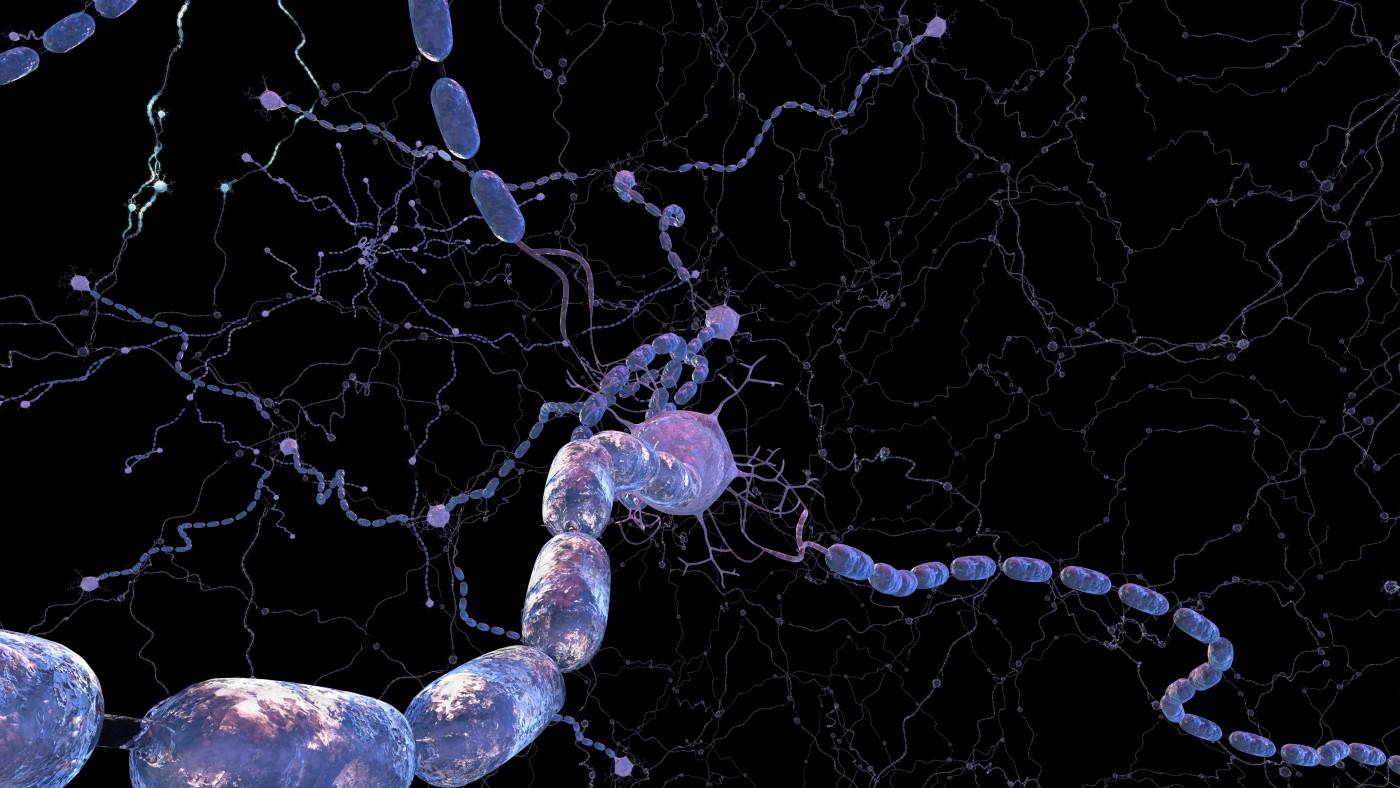Fluorosamine Seen to Boost Remyelination in MS Mouse Model by Blocking Scarring Molecules
Written by |

A substance called fluorosamine was seen to boost remyelination in mice by preventing the synthesis of chondroitin sulfate proteoglycans and by promoting oligodendrocyte function. The findings showed that targeting molecules that block remyelination may be a promising therapeutic approach in multiple sclerosis (MS).
Upregulation of chondroitin sulfate proteoglycans — large molecules consisting of a protein backbone decorated with sugars — are part of the scarring process after a demyelinating lesion occurs. High production of these molecules by astrocytic glial cells have also been linked to remyelination failure.
Researchers at the University of Calgary, Canada, have previously shown that proteoglycans block the maturation of oligodendrocyte cells, which are responsible for myelin production, preventing remyelination in animal models.
In the new study, “An inhibitor of chondroitin sulfate proteoglycan synthesis promotes central nervous system remyelination,“ the team investigated the properties of cultured oligodendrocytes exposed to the chondroitin sulfate proteoglycans, and teased out that negative charges present on the molecule interfere with adhesion of the cells, and that chondroitin sulfate proteoglycans inhibited the process outgrowth (meaning the process that oligodendrocytes undergo to become fully functional: proliferation, migration, and subsequent maturation).
Since process outgrowth might be more relevant for myelination, researchers focused on finding a way to prevent proteoglycans from blocking this process, screening a medication library for drugs. But none of the 245 compounds analyzed could rescue an oligodendrocyte’s process outgrowth after exposure to chondroitin sulfate proteoglycans.
The team instead focused on drugs that might reduce the synthesis of the proteoglycans, and discovered that the substance fluorosamine could indeed reduce such a synthesis. Researchers also determined that the activity of fluorosamine would be improved if the structure was somewhat modified.
Findings, published in the journal Nature Communications, further showed that when the team cultured oligodendrocytes together with fluorosamine and astrocyte cells that produce the proteoglycans, both adhesion and development of cellular processes improved.
Taking the research from the dish to animal models, the team then showed that fluorosamine both slowed demyelination and promoted remyelination. This, it found, could have been partly induced by the drug’s immunomodulatory and anti-inflammatory properties. In an animal model of MS, known as experimental autoimmune encephalomyelitis (EAE), treatment with fluorosamine improved symptoms both at earlier and later disease stages.


